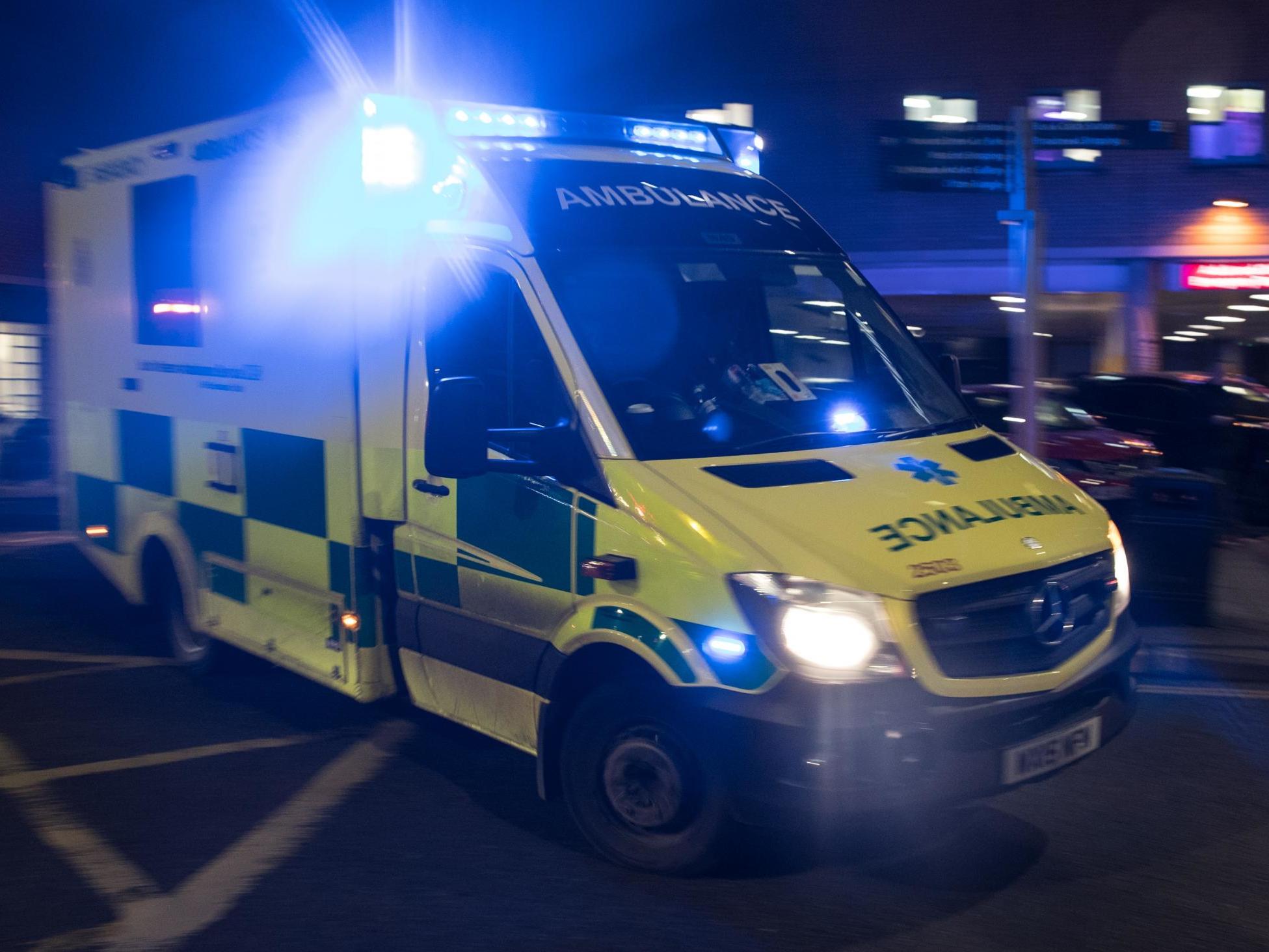NHS scoring system used to identify patients at risk of dying based on flawed evidence, suggests study
Early warning scores are used in the NHS to identify patients in acute care whose health is deteriorating, but medics say it could actually be putting people in danger

Your support helps us to tell the story
From reproductive rights to climate change to Big Tech, The Independent is on the ground when the story is developing. Whether it's investigating the financials of Elon Musk's pro-Trump PAC or producing our latest documentary, 'The A Word', which shines a light on the American women fighting for reproductive rights, we know how important it is to parse out the facts from the messaging.
At such a critical moment in US history, we need reporters on the ground. Your donation allows us to keep sending journalists to speak to both sides of the story.
The Independent is trusted by Americans across the entire political spectrum. And unlike many other quality news outlets, we choose not to lock Americans out of our reporting and analysis with paywalls. We believe quality journalism should be available to everyone, paid for by those who can afford it.
Your support makes all the difference.The rollout of an early warning system used in hospitals to identify patients at the greatest risk of dying is based on flawed evidence, according to a study.
Medical researchers said problems with NHS England's National Early Warning Scores (NEWS) system had emerged "frequently" in reports on avoidable deaths.
The system sees each patient given an overall score based on a number of vital signs such as heart rate, oxygen levels, blood pressure and level of consciousness. Doctors and nurses can then prioritise patients with the most urgent NEWS scores.
But some professionals have argued that the system has reduced nursing duties to a check-list of tasks rather than a process of providing overall clinical assessment.
A study published in the British Medical Journal (BMJ) suggests that much of the research supporting the rollout of NEWS was biased and overly reliant on scores that could put patients at greater risk.
Professor Alison Leary, a fellow of the Royal College of Nursing and chair of healthcare and workforce modelling at London South Bank University, told The Independent: “In our analysis of prevention of future death reports from coroners, early warning scores and misunderstanding around their use feature frequently.
“It's clear that some organisations use scoring systems and a more tick box approach to care as they lack the right amount of appropriately skilled staff, mostly registered nurses.”
NEWS was introduced in 2012 as a way for medics to detect patients in acute settings whose health is rapidly declining and may be at risk of dying, and is now applied in all ambulance trusts and 76 per cent of acute trusts in England.
Guidance on how to follow NEWS was updated in 2017 following concerns that it was not being applied in the same way across hospitals.
A team of researchers led by the University of Oxford said that the studies used to justify the roll-out of NEWS represented “weak evidence” of its effectiveness.
Death was the most frequent prediction outcome for development studies (44 per cent) and validation studies at 79 per cent.
The most common predictors used in the scores were respiratory rate (88 per cent of studies), heart rate (83 per cent), oxygen saturation, temperature, and systolic blood pressure (all 71 per cent).
Age (38 per cent) and sex (9 per cent) were less frequently included.
Looking at 95 studies, the researchers also found that the handling of statistics, such as missing data, was inadequate in many cases.
Some studies failed to report important details such as sample size, number of events, population characteristics, and details of statistical methods.
“Early warning scores might not perform as well as expected and therefore they could have a detrimental effect on patient care,” the study’s authors concluded.
“Future work should focus on following recommended approaches for developing and evaluating early warning scores, and investigating the impact and safety of using these scores in clinical practice.”
The Independent has approached NHS England and the Royal College of Physicians for comment.
Join our commenting forum
Join thought-provoking conversations, follow other Independent readers and see their replies
Comments